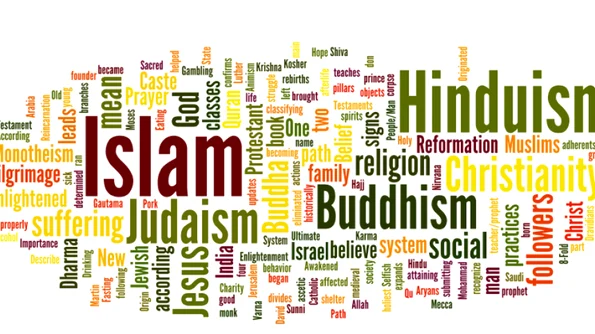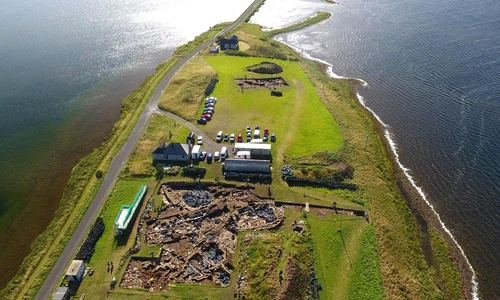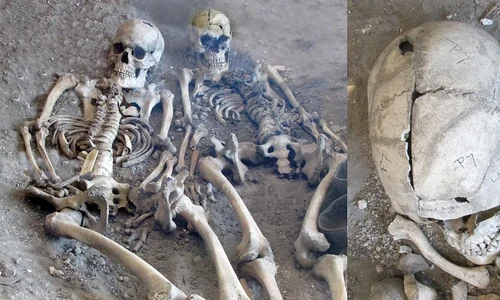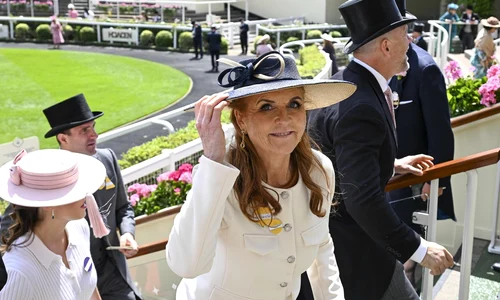
How can we define religion?
Although we sometimes tend to believe religion is a thing of the past, it is hardly so. Religion has always encompassed a diversity of manifestations and continues to do so;whether we think of the pope’s mass celebration in the Manila cathedral, a powerful throat singing performed by Tibetan buddhist monks, taoist rituals in the Ghist Month at Shnyigong temple in Taiwan, prayers in a Sarajevo Sinagogue or whatever cultic preformances, we realize that religion is still an important societal component nowadays.
Religion is a very tricky concept. What I would like to point out in this brief article and share for debate is the idea of religion as a historically constructed category, a fabricated phenomenon organizing our desires and fears. In the 19thcentury, anthropologist E.B. Taylor defined religion as the belief in the supernatural, something commonsensical a lot of us can still level with today, in the attempt to overcome the mundane and give meaning to the outside world. In the 19thcentury one assumed that all cultures had some kind of belief, but since the framework of evolutionism was so strong in the day, it was thought that one could assignd different degrees of development to societies, where Western one was at the top of the ladder, with its monotheism superior to other forms of worship like animism.
This evolutionist approach however was abandoned, societies are thought of in terms of equally valuable cultures, with its own history and complexity. A common element is however the explanatory model for the world involving non-scientific approaches. This evolutionism also contributed to another influential definition, that of Emile Durkheim, who in his work “Elementary Forms of Evolutionary Life” thought of religion as being society worshipping itself. The notion of the sacred is more important than that of the supernatural. In a time when secular ideologies were on the rise and the authority of the Church was being questioned, he believed that new ideas and symbols were emerging that could keep society together, such as the belief in the sacredness of the individual. Beliefs, in his opinion, are necessary in holding together society that chooses specific sacred images to be valued by the group.
And anything can become sacred, therefore religious, so religion can be rather defined by its function than by its substance. In this sense we can think of sports as a religion:they bring together nations, they create bonding, fans express reverence towards players and share insignia. This kind of grouping can acquire religious connotations and serves as a reflection as to what societies deem as significant. Sociologist Robert Bellah named this ‘civil religion’.
Nevertheless, if we only define religion through functionalist lenses, we risk not being able to distinguish religion from other phenomena. So maybe substance should not be neglected either so as to have a point of reference in comparing cultures. One useful definition is offered by Clifford Geertz:religion is a system of symbols that establishes powerful moods and motivations, conceives a general order of existence and offers it an aura of factuality so that these moods appear as realistic. Religion and culture go hand in hand, since he perceives culture as a pattern of meanings expressed symbolically through which people communicate and develop their knowledge about life. Such claims are to be integrated in the broader interpretive tradition in sociology:to put it briefly, people’s behaviors are determined by systems of meaning leading to specific understandings of the world. These systems are to be described and interpreted from what people do and say.
Religion too can be thought of a system of meaning, of symbols that need not be text-based. But among others the problem with trying to find a substance definition is that it can’t be universal. On the contrary, people around the world attribute different values to different religions, so it can mean different things in different contexts, so definitions are up for debate, while not forgeting its historical dimensions. So how would you define it?















